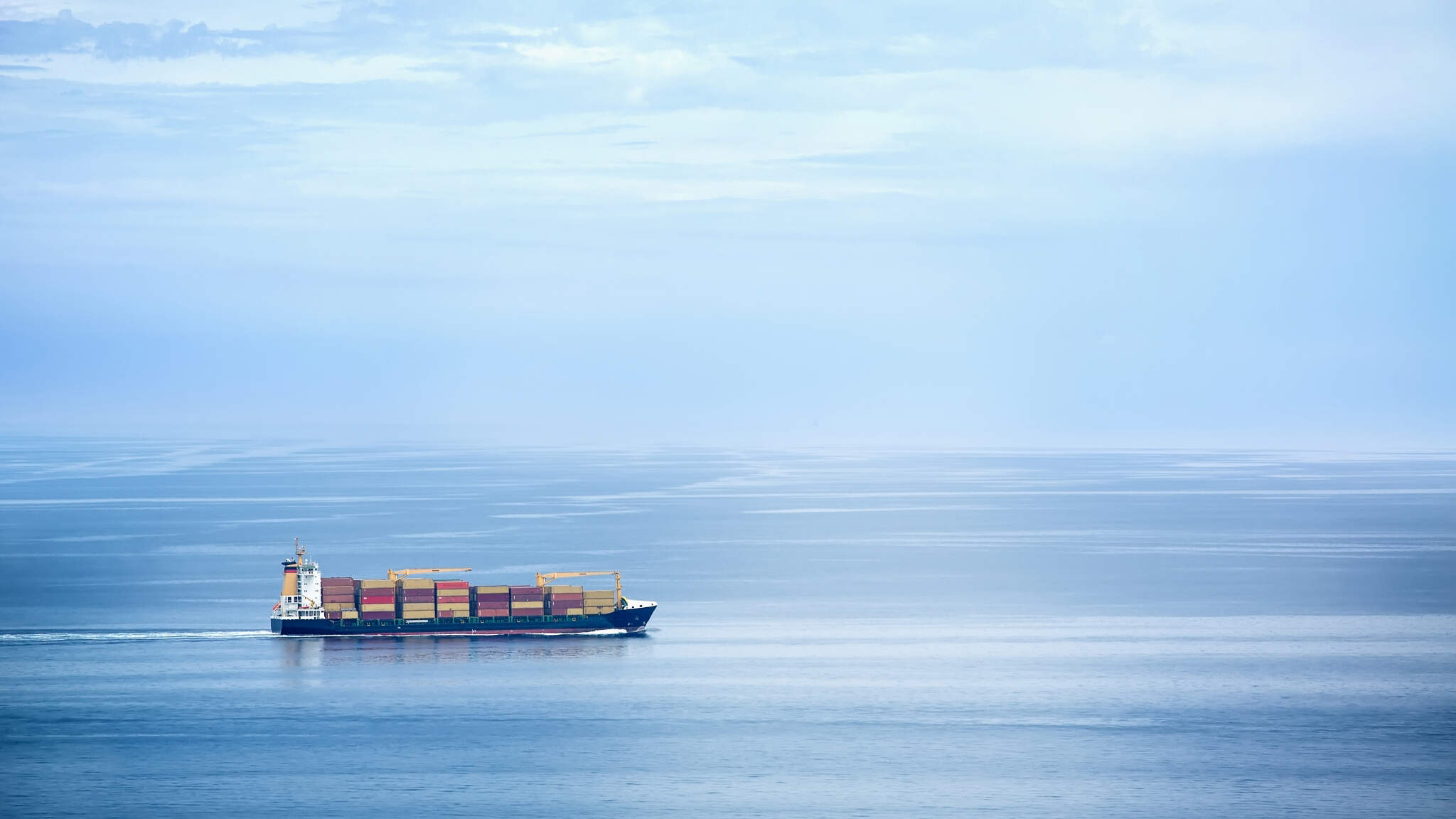Freight and cargo insurance – a neglected safety net
As logistics involves a network of different partners, goods may pass through multiple transfers, different service providers and various modes of transport en route to the end destination. Most of the time, freight is transported by air or sea without issues. However, all transport carries an element of risk – and it’s important to know that your goods are not automatically covered against damage, theft or loss by liability insurance alone. The additional combination of both freight and cargo insurance provides an essential safety net. Due to the complexity, this should be applied for by an experienced partner in logistics.
Liability coverage protects the carrier or freight forwarder, but does not generally cover damaged cargo. The carrier or freight forwarder can only be proven liable if damage or loss occurs through clear mistakes or negligence during transport. The extent of the carrier of freight forwarder’s liability is however limited, and the maximum amount of compensation they are required to pay usually will not equate to the value of the shippers goods or products.

With good freight insurance in place, you do not need to prove that the carrier of freight forwarder damaged your shipment, you simply must submit a claim stating the damage, with your proof of value and loss. While liability coverage must always be in place, insurance for freight shipments is not a legal requirement. However, just as one wouldn’t drive an uninsured car, going without freight insurance can simply be too risky. Unlike car insurance where policies are more standard, freight insurance is complex and specific contracts should be drawn up in each case by experienced brokers. Each policy is going to cover different types of damage, materials, claims, and deductibles.
Even if your forwarder is liable, compensation provided by freight insurance will still only cover a small percentage of the value of your goods. As freight insurance cover is calculated on the basis of the weight of the goods, the same amount would be paid out for one kilogram of platinum as it would for one kilogram of paper. Enter cargo insurance, which can be taken to cover the full value of a shipment while it is in transit, protecting the customer. Confusing freight insurance and cargo insurance and assuming that shipments are covered by freight insurance for their full value in the event of loss or damage can be a costly error.
Where the responsibility lies for goods in transit depends on whether you are the shipper or the buyer, and on the sales agreement governing the terms of transportation. The International Commercial Terms of 2020, or Incoterms® are rules governing the sale of goods around the world, including shippers’ liabilities and responsibilities. An international sales agreement should always include one of the Incoterms® clarifying where responsibility for cargo insurance lies between buyer and seller at the different stages of transit, and when the risk passes from one party to the other.
Commonly used Incoterms® include:
EXW (Ex Works): The buyer bears the risk and insurance costs from the export customs clearance stage, through to receipt of goods.
FOB (Free On Board): The seller is responsible for risk and cost until the goods are loaded onto the cargo vessel or aircraft. At that point, the risk and cost transfer to the buyer.
CIF (Cost, Insurance, and Freight): The seller accepts risk up to the point the goods are loaded onto the cargo vessel or aircraft. The seller also pays the cost of insurance until the goods reach the port of discharge. The buyer shares the cost at the port of discharge and has sole responsibility for cost and risk from then onwards.
Whether you’re an importer who has paid for goods prior to receiving them, or an seller who has not been paid at the time of shipment, cargo insurance reduces your risk of financial impact if the goods are lost or damaged during transit. As with freight insurance, cargo insurance claims can be invalidated if not made within specified timeframes, and the submission of claims should be carefully managed. Cargo insurance can also expedite the release of your cargo should an accident occur, although your goods may not be damaged. Should particular accidents occur to the vessel, all parties share in the loss equally, under the General Average principle. By purchasing insurance, your insurance company assumes this responsibility and expedites the release of your cargo.
As a logistics specialist in Africa, DACHSER South Africa is responsible for coordinating almost every aspect of our customers shipment. It makes sense for us to handle the cargo insurance too as a value-added service. DACHSER South Africa has partnered with a specialist in freighting insurance as part of our commitment to our customers. We negotiate contracts, pay the premiums and submit claims on behalf of our customers, managing correspondence until a settlement is reached. Shipping to unfamiliar destinations that do not have well-organised infrastructure can add to the risk factor. While damage and loss is rare, it can be very expensive, making insurance costs money well spent.